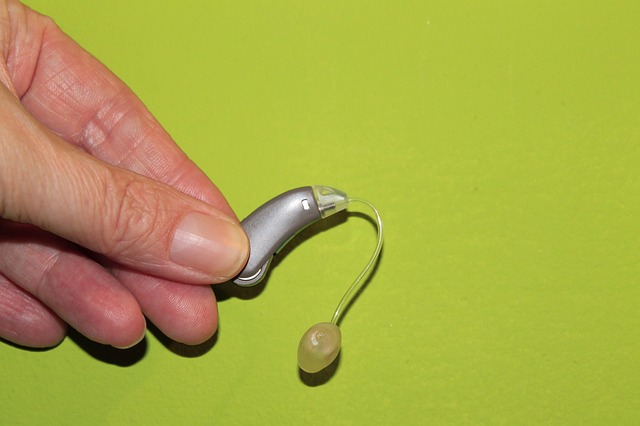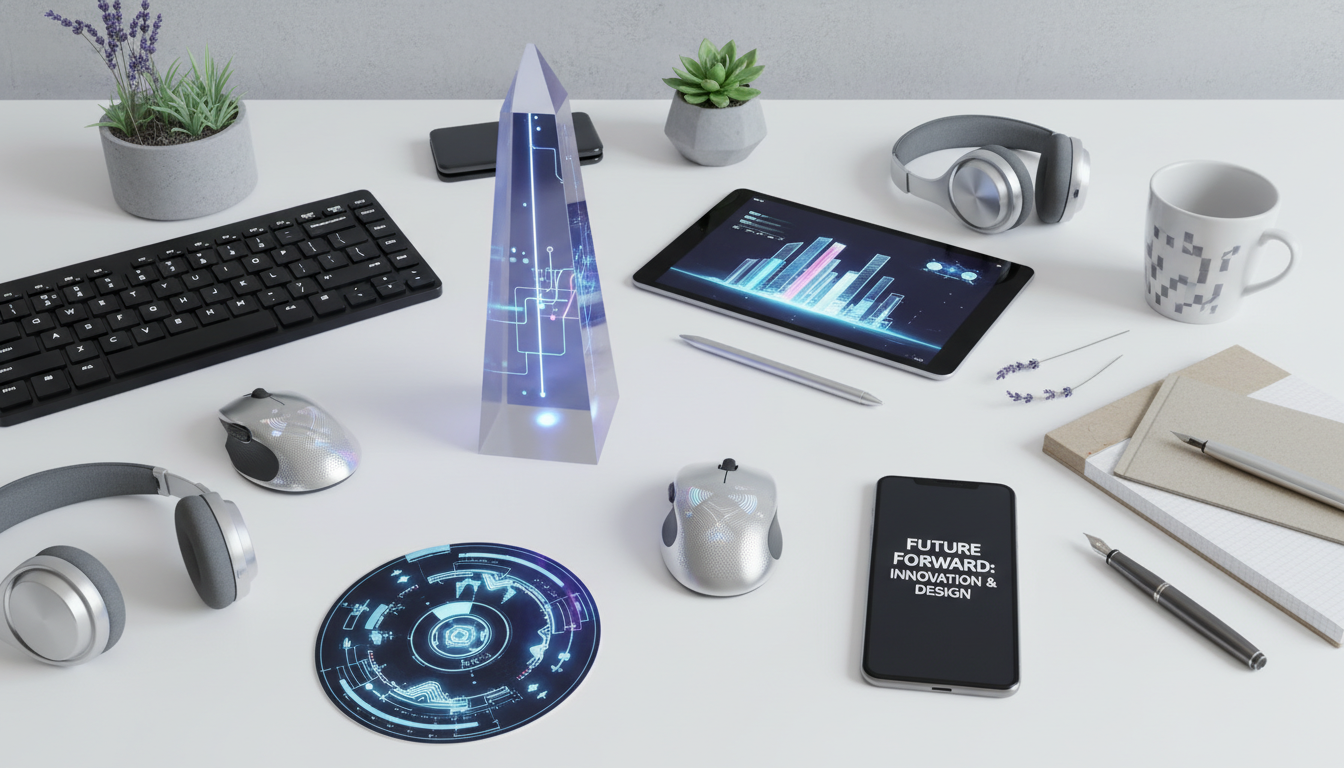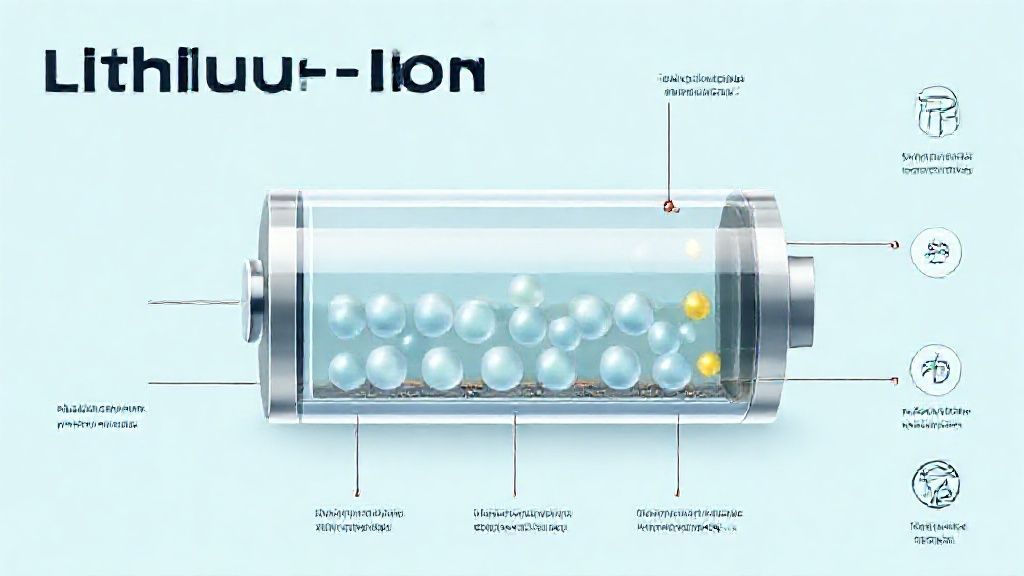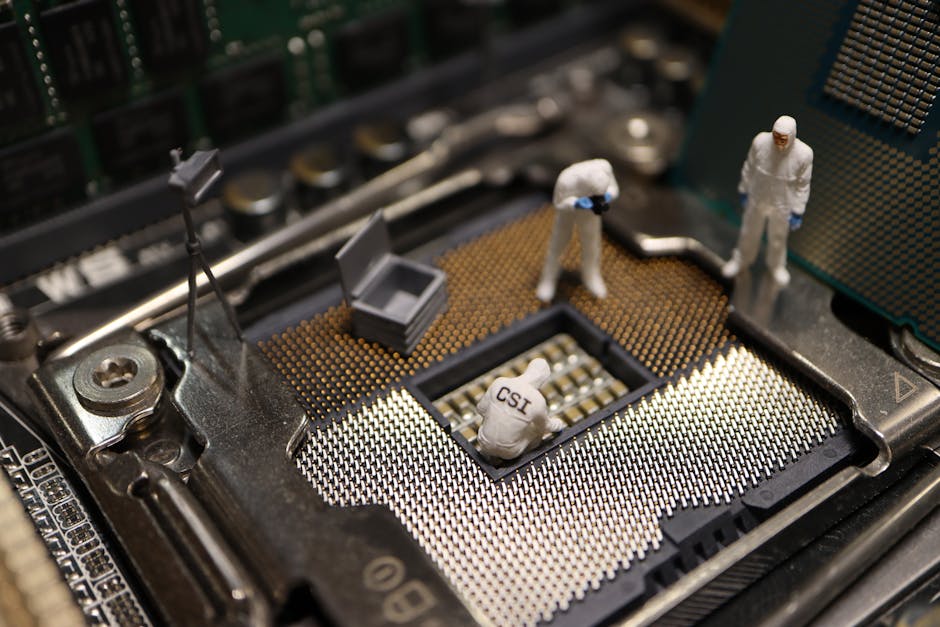[ez-toc]
The US Food and Drug Administration (FDA) recently took a significant step toward increasing the accessibility and affordability of hearing care by authorizing the first over-the-counter hearing aid software. This software is designed to work with compatible versions of Apple’s AirPods Pro headphones, effectively transforming them into personalized hearing aids. This is a major development in the world of hearing healthcare, as it opens up a new avenue for individuals with mild to moderate hearing loss to access hearing aids without the need for a medical exam, prescription, or a visit to an audiologist. “Hearing loss is a significant public health issue impacting millions of Americans,” stated Michelle Tarver, acting director of the FDA’s Center for Devices and Radiological Health. Indeed, over 30 million American adults report some degree of hearing loss, a condition that can be caused by various factors such as ageing, exposure to loud noises, and underlying medical conditions. The FDA’s move to authorize over-the-counter hearing aid software is a testament to their commitment to making hearing healthcare more readily available and accessible to all. > “This is a major step forward in making hearing aids more accessible and affordable for millions of Americans. This will allow people to get the help they need without having to go through the traditional process of getting a prescription.” > – Michelle Tarver, Acting Director of the FDA’s Center for Devices and Radiological Health
The Evolution of Over-the-Counter Hearing Aids
The FDA’s authorization of this software marks a significant development in the evolution of over-the-counter hearing aids. In 2022, the agency approved the sale of over-the-counter hearing aids for adults with mild to moderate hearing impairment, allowing individuals to purchase these devices directly from stores or online retailers without the need for a medical exam or prescription. This groundbreaking decision significantly increased the accessibility and affordability of hearing aids, breaking down barriers that previously prevented many people from seeking the hearing support they needed. The authorization of over-the-counter hearing aid software for Apple AirPods Pro further reinforces this trend and signifies a shift towards a more technology-driven approach to hearing healthcare.
We also Published
- What is Wireless LAN WLAN?
Wireless LAN offer the benefit of mobility and ease of setup, making them an integral part of modern networking environments. - Javascript Unary Operators
A unary operation involves only a single operand. Examples of unary operators are : - List all databases in the Postgres server
None
How the Software Works
Apple’s hearing aid software, authorized by the FDA, is a software-only mobile medical application that is set up using an iOS device such as an iPhone. The software utilizes the user’s hearing levels accessed from iOS HealthKit to personalize the hearing aid experience. The software works by amplifying specific sounds in real-time, including parts of speech or elements within the user’s environment. This personalized approach allows individuals to adjust the hearing aid’s settings to meet their specific needs and preferences. Users can choose from various pre-set listening modes designed for different environments, such as noisy restaurants, quiet libraries, or outdoor settings. The software also allows users to fine-tune the hearing aid’s settings to adjust the volume of specific frequencies or to reduce background noise.
The Potential Impact
The authorization of over-the-counter hearing aid software for Apple AirPods Pro has the potential to significantly impact the hearing healthcare landscape. Here’s how:
Increased Accessibility and Affordability
The software’s availability makes hearing aids more accessible and affordable for a wider range of individuals. By eliminating the need for a medical exam, prescription, and a visit to an audiologist, the software lowers the barrier to entry and makes hearing aids a more viable option for people with mild to moderate hearing loss. This can lead to a significant increase in the number of people who seek hearing care, improving their quality of life and overall well-being.
Greater Empowerment and Control
The software empowers individuals to take control of their hearing healthcare by allowing them to personalize the hearing aid experience. This gives users the ability to adjust the settings to meet their specific needs and preferences, providing a greater sense of autonomy and control over their hearing health.
Advancement in Technology
The authorization of this software also signifies a significant advancement in the use of technology for hearing healthcare. By leveraging the capabilities of smartphones and wireless earbuds, the software demonstrates the potential of technology to revolutionize the way we approach hearing loss.
Future of Hearing Care
The FDA’s authorization of this software is a significant step towards a more technology-driven future for hearing healthcare. It signals a shift towards greater accessibility, affordability, and personalization in hearing care, opening up new possibilities for improving the lives of millions of people with hearing loss. This development could lead to the emergence of even more innovative and personalized hearing solutions in the future. Imagine a future where hearing aids are seamlessly integrated into smart devices, allowing users to access a wider range of features and functionalities, from real-time translation to noise-canceling technology that adapts to the individual’s environment. The future of hearing care is bright and innovative. The FDA’s authorization of over-the-counter hearing aid software for Apple AirPods Pro is a testament to the continuous advancements in technology and the increasing focus on making hearing healthcare more accessible, affordable, and personalized.
Conclusion
The FDA’s authorization of the first over-the-counter hearing aid software designed for Apple AirPods Pro is a groundbreaking development in the world of hearing healthcare. This software represents a significant shift towards a more technology-driven approach to hearing loss, making hearing aids more accessible, affordable, and personalized for individuals with mild to moderate hearing impairment. As technology continues to evolve, we can expect to see even more innovative hearing solutions emerge in the future, further empowering individuals to take control of their hearing health and live fulfilling lives. What are your thoughts on the future of hearing healthcare? Do you think this technology will lead to a more inclusive and accessible approach to hearing loss? Share your insights in the comments section below.
RESOURCES
- FDA approves Apple AirPods Pro 2 to be used as hearing …
- FDA approves Apple AirPods as hearing aids
- 5 Best Over-the-Counter (OTC) Hearing Aids of 2024
- FDA approves Apple AirPods as hearing aids – UPI.com
- FDA Authorizes Apple’s OTC Hearing Aid Software
- US FDA authorises first OTC hearing aid software to be …
- Over-the-Counter (OTC) Hearing Aids
- FDA Authorizes First Over-the-Counter Hearing Aid Software
- FDA authorizes first OTC hearing aid software for Apple’s …
- FDA Approves OTC Hearing Aid Software Device for Apple …
- Apple AirPods Pro 2 get FDA approval, it is now the first …








0 Comments